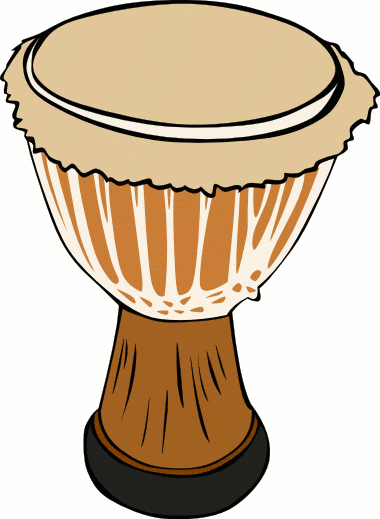
Creativity is the back-bone of any music industry in all parts of the world. Because of inimitable wit to create, some musicians have made great marks in their countries of origin while their expertly crafted products have often transcended cultural, political, social and even religious divides. Most great musicians across the world made it because they managed to come up with something original. Although most musicians begin their careers by imitating their idols and role models, the separating factor in most instances is the ability to come up with something unique.
It is a fact that various genres of music excessively borrow from each other but a musician’s talent is normally judged by the way she or he makes use of the available beats and genres to come up with something that listeners would regard as exceptional.
But there is a worrying trend among some local bands, especially in jazz and reggae, to heavily depend on other musicians’ hits at live shows. Some groups that are well known for staging shows every weekend are surviving on other musicians’ songs.
Such groups have become popular by playing cover versions of local and international musicians and most of them have become very complacent to the extent of failing to release their own albums yet they “thrill” audiences every weekend. Copying was a serious offence at school but the brotherly love among artists has seen creators of good products allowing upcoming groups to perform their hits at live shows. Maybe the established artists would be running away from criticism that they are failing to nurture upcoming musicians. What makes the matter worse is that even big guys that would never qualify to be in the “upcoming musicians” box by any means have become incessantly dependent on hits from other musicians.
It is interesting such copycats, as they can be aptly described, sometimes attract huge audiences because music lovers are hungry for live performance of yesteryear hits. For instance, a group performing songs from Thomas Mapfumo, Leonard Dembo, Bundu Boys, Paul Matavire or John Chibadura would obviously get applause from the audience. This does not mean that audiences care much about these sprouting bands but fans just love their music and can even pay to hear music from their yesteryear greats because these new groups are the only alternative to enjoying great music from talented creators that are either dead or abroad.
Musicians also guilty of piracy
- Chamisa under fire over US$120K donation
- Mavhunga puts DeMbare into Chibuku quarterfinals
- Pension funds bet on Cabora Bassa oilfields
- Councils defy govt fire tender directive
Keep Reading
It is also interesting that musicians have made the loudest noise about piracy as they target illegal physical reproduction of their music yet they seem to be unaware of other forms of piracy that border on infringing the Copyright and Neighbouring Rights Act.
Anything that infringes copyright is piracy and public performances of anyone’s song without prior consultation or permission is illegal. I asked a number of local musicians and producers if they had given most bands performing their music the green light to do so and most of them said they did not mind much about this infringement because they knew upcoming artists needed a stepping stone to start their own projects.
But various musicians that have been in the industry for many years are still depending on other musicians’ songs for survival. Can we take such people as musicians at all? One musician said he did not mind because he was aware that such groups only performed one or two of his songs and picked other songs from many other musicians. Below are a few questions I had to ask him:
Why do you always make noise about people that are physically reproducing your music and selling it at a lower price when your fellow musicians are making more money by playing your songs than those selling sub-standard discs of your songs on the streets?
You might say performances differ and physical reproduction jeopardises your original product but have you realised how some of these groups would draw passers-by to their shows because they can play your songs as if you on the same stage?
If a pirate selling discs on the street for US$1 each gets US$10 gets after selling discs from 10 different musicians, what would a musician playing others’ songs get if he or she charges US$3 as entry fee and 300 people pay to watch the show?
I do not support illegal physical reproduction of music but lazy musicians should be kicked out of the industry. Music is all about creativity.











